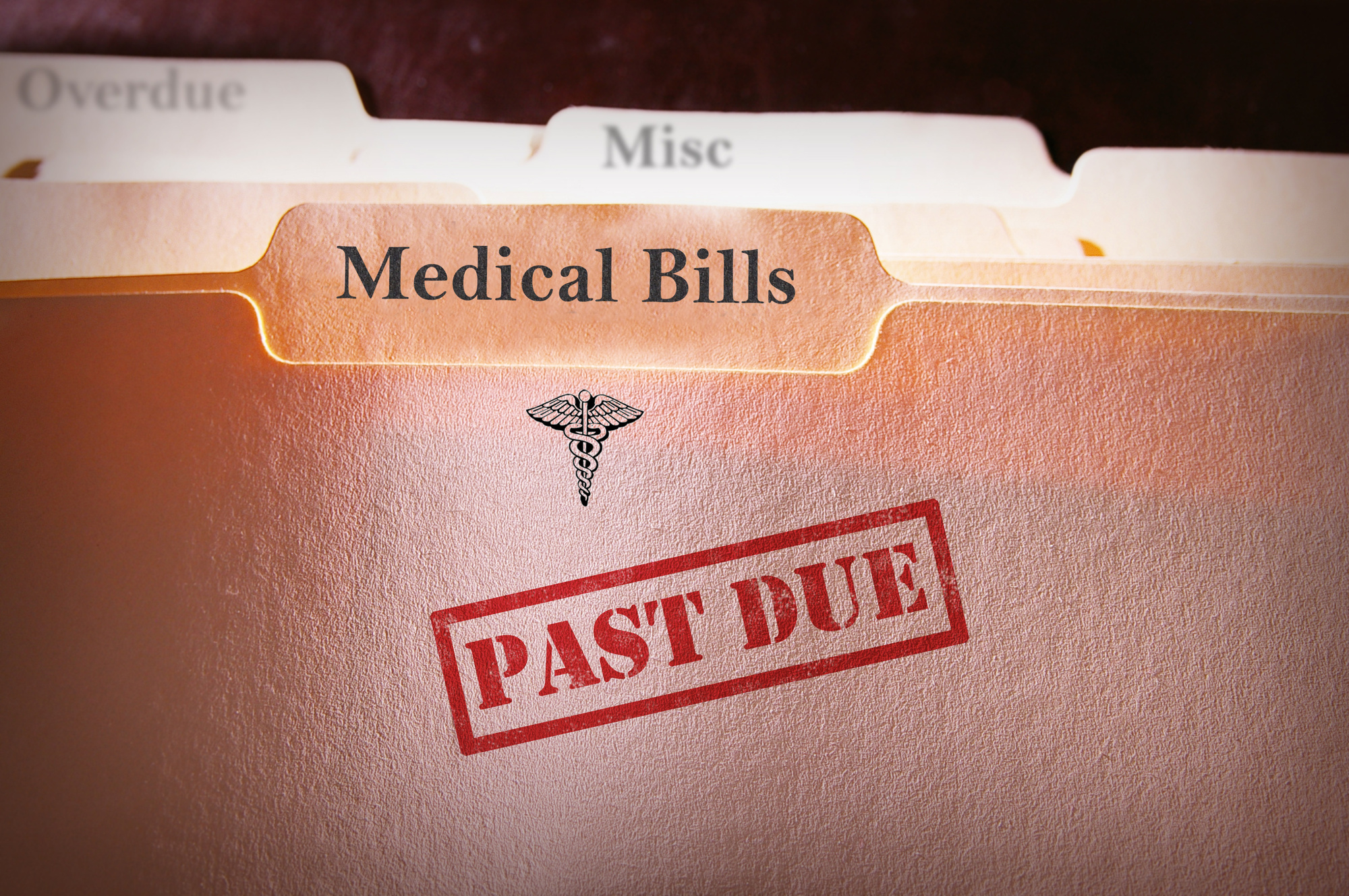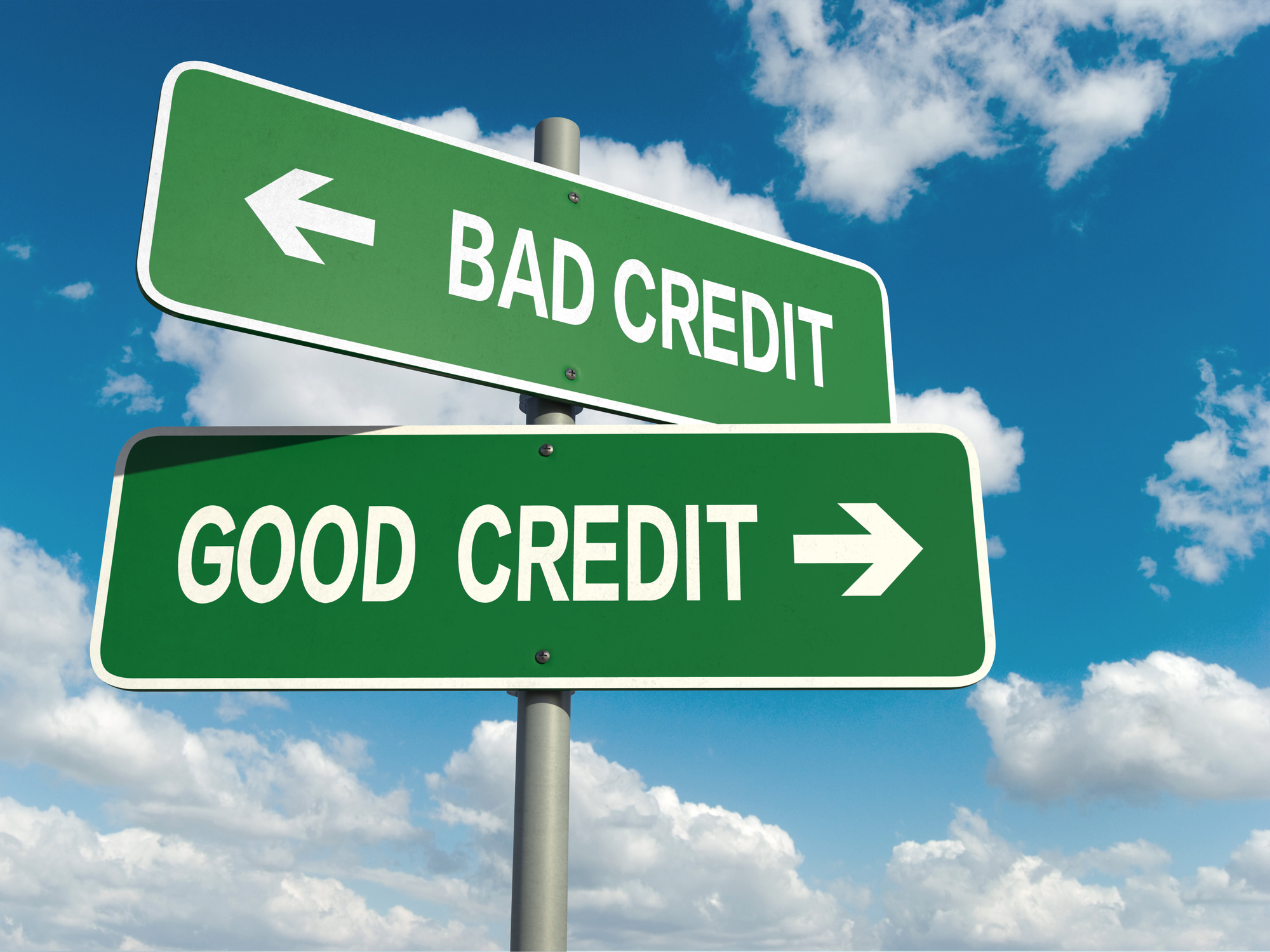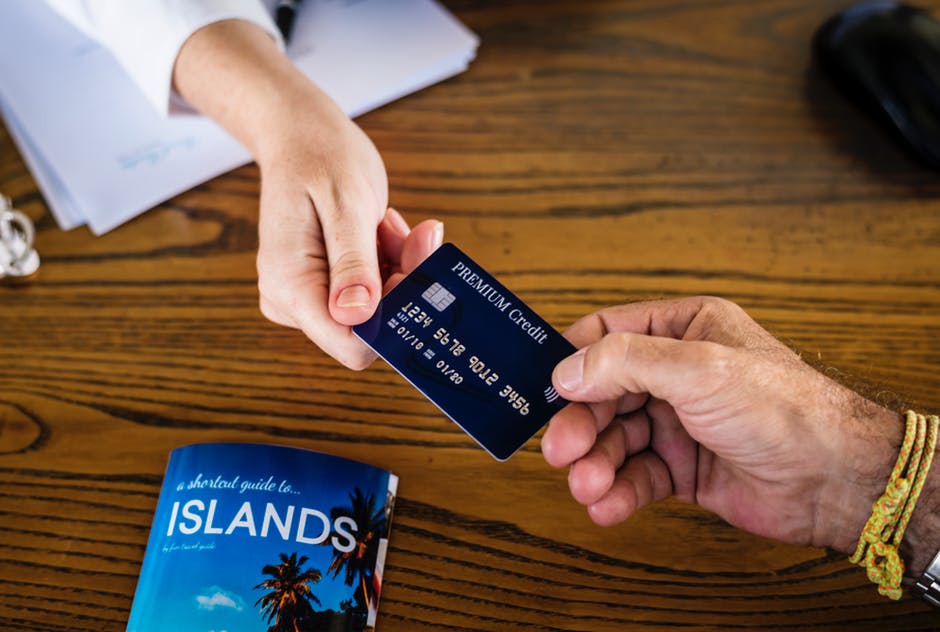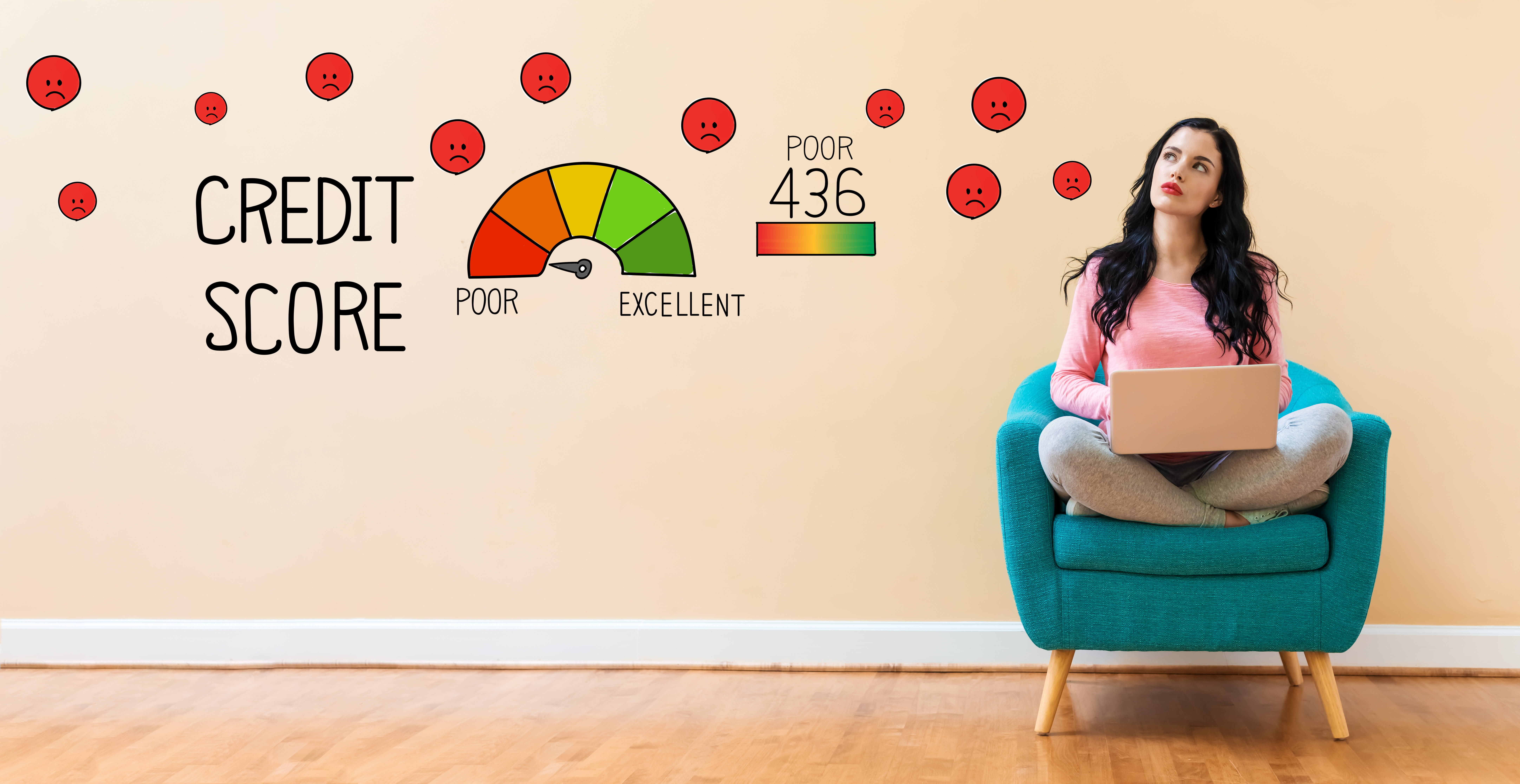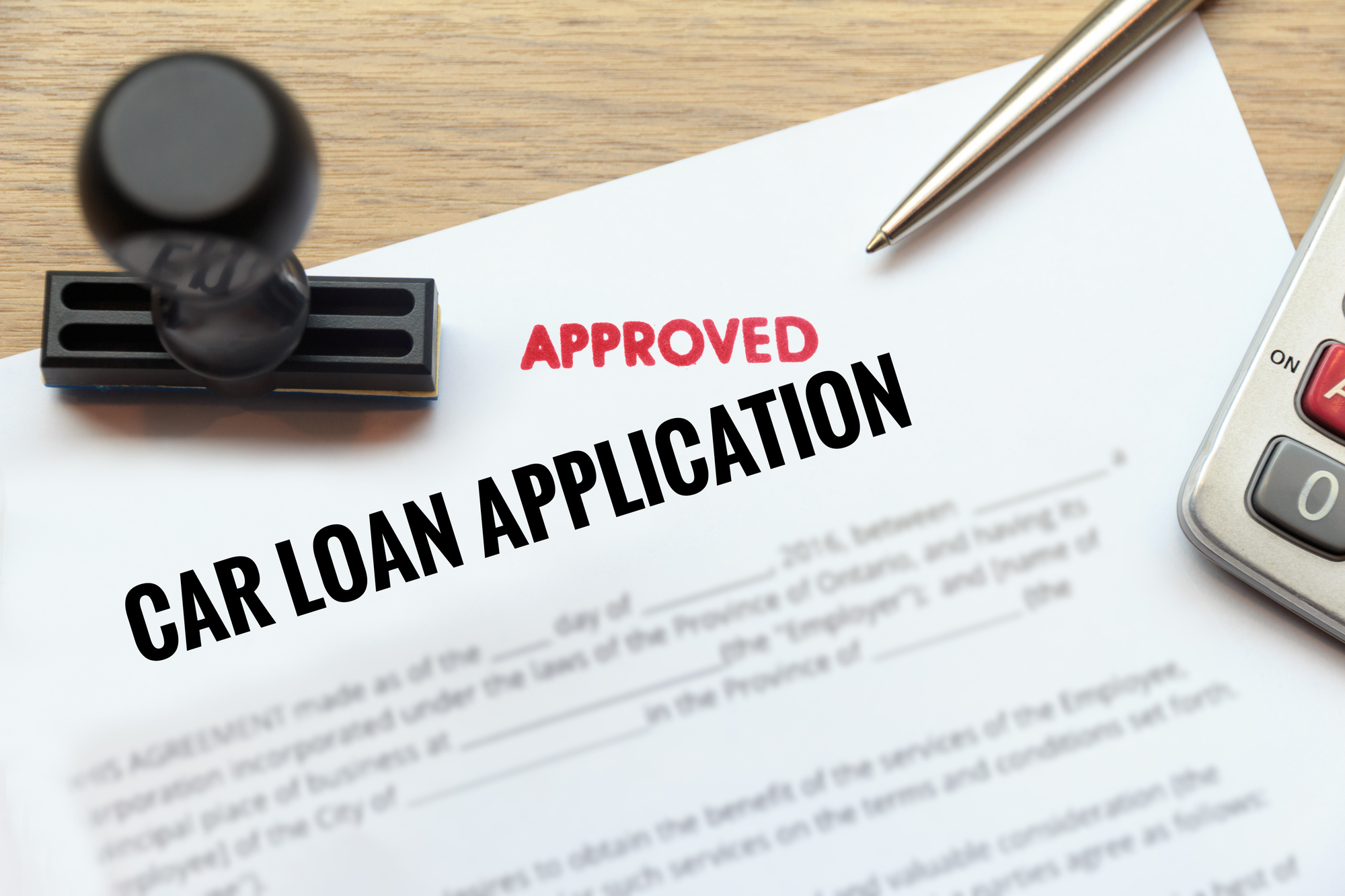THAT Is a Credit Factor? 7 Things You Didn’t Know Affected Your Credit
Approximately 33 percent of Americans have credit in the “Bad” category.
This can adversely affect your ability to secure a loan, buy a new car, and even purchase a home. Therefore, no matter how you look at it, your credit score is something you need to stay on top of.
But, there are a handful of factors that can impact your credit score that most people aren’t even aware of.
Let’s take a look at 7 unconventional credit factors you need to keep an eye on.
1. Requesting an Increase For Your Credit Limit
It’s common knowledge that credit checks put a ding in your credit score. But, many people aren’t aware that they risk taking a credit hit when they request a higher line of credit for their account.
In order to determine if you’re financially reliable enough to warrant a credit line increase, some card issuers will run a credit check to see how your payment and usage history is holding up.
In this case, you’ll lose a few points after their check has been initiated. If your score is just on the border between good credit and bad credit, every point counts, so avoid doing so unless you have the points to spare.
2. Unpaid Parking Tickets
Parking tickets are notorious for ruining the rest of your day when you get one.
Whether your parking meter ran out, you were parked in a spot designated for someone else, or you were simply unknowingly parked illegally, coming back to your car to find that infamous slip of paper can be aggravating.
If you choose not to pay your ticket out of defiance, however, the balance may be sent to a collection agency for them to deal with.
Unfortunately, this occurrence goes on your credit report, and not even paying the ticket at this point can get it removed. So, next time you get one, make sure to pay it right away!
3. Closing a Credit Account
Many people are eager to close a credit card after paying off long-term debt. But, this can actually do more harm than good.
Having an extensive credit history is one of the factors that influence your credit score. When you close down a credit account, you eliminate the history from that card from being tracked by institutions that run credit checks.
Thus, it’s best to keep old credit cards open. A great strategy to use to keep your score high is to use an old card for only one or two types of monthly purchases, such as groceries, gas, etc.
If you purchase products or services that you need anyway, you’ll keep your card in utilization without your balance getting out of hand.
4. Cosigning a Loan
When applying for a loan, the credit check the lender conducts will knock off a few points from your credit score.
Cosigning a loan, however, can hurt your score in a different way.
Since your name is on the agreement, you suffer the consequences even if the individual you signed with doesn’t make their payment on time. This can prove to be especially stressful if you aren’t the one who receives the bills.
You should only cosign a loan for someone who you absolutely trust to be financially responsible. Otherwise, you could experience a drastic drop in credit that can negatively impact the rest of your life.
5. A High Credit Balance
This one’s a given.
The percentage of your total balance that you’ve used can hurt if you if you let it sit for too long at a high amount.
For example, if you have a credit card with a $4,000 limit and you’ve spent $2,500, your balance utilization is over 60 percent (this isn’t good).
As a rule of thumb, you’ll want to keep your utilization around 30 percent of the limit to show card providers that you’re using the card but aren’t going too crazy with your spending.
6. …And a Zero Credit Balance
This one comes as a shock to most people because it doesn’t quite make sense at first. Why would spending less money hurt your credit score?
There’s an important distinction to make here, though: having a low balance affects your score differently than having a zero balance.
When you have a low balance, it shows card providers that you’re responsible when making your payments and with how much you spend.
A consistent zero balance shows that you don’t use the card at all, which has a similar effect on your score as closing an account. This is due to the card issuer choosing to no longer send credit updates (or even deciding to close the account altogether).
7. Opening a Store Card
This is another one that catches a large number of people off guard.
Since choosing to open a credit account with a store can provide holders with plenty of financial benefits, it can be tempting to do so. This is especially true if you can save money on the purchase you’re making.
But, store cards are still credit cards, and applying for a new one can adversely affect your score. Keep that in mind next time you’re out shopping!
Credit Factors Can Seem Overwhelming
But they don’t have to be.
With the above information about uncommon credit factors in mind, you’ll be well on your way to making sure your credit score stays in stellar shape.
Looking for ways to boost your score? Check out this article for plenty of useful tips.


